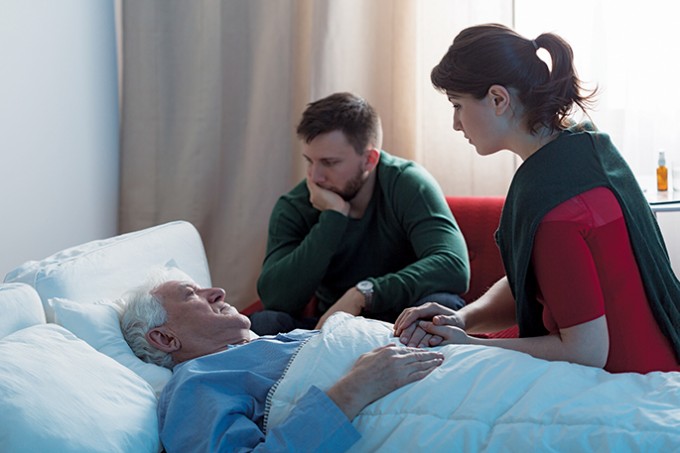Feature
Caring for the Caregivers
10 ways to support your patients' family and friends at bedside

Often, we are so busy taking care of our patients that we scarcely have time to notice, let alone nurture, the friend or family caregiver at the bedside. Yet, doing so only takes a few minutes and benefits everyone involved.
Here are some quick, yet effective, ways to care for those at the patient’s bedside:
Sincerely apologize for brusque words or actions.
Too often, our comments to family members are understandably made in haste and may be received badly even if we don’t intend to be rude. Take the caregiver’s hand in yours, look them in the eye and verbally acknowledge their pain. This small gesture will show them you care about them too.
Assure them that you will provide your absolute best possible care.
Tell them you realize that they have entrusted you with their most valuable asset — their loved one — and that you don’t take that lightly.
Cultivate reciprocal feelings of trust.
Show them you’re on their side.
Honor the caregiver’s knowledge of the patient and his or her condition.
Caregivers may have insights born of years of experience with a family member’s health issues. Make them feel part of the caregiving team. They will be much more receptive of your input when you have honored theirs.












